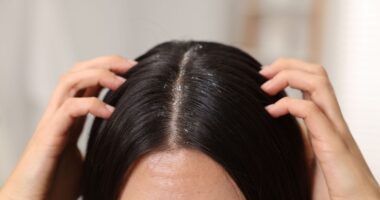Health experts from one of the world’s leading institutions, Harvard Medical School, have revealed that understanding one aspect of sleep could drastically improve how you feel upon waking. They emphasised that sleep is crucial for the body’s recovery and optimal functioning.
Moreover, they explained that comprehending sleep cycles could “help you improve your sleep hygiene and wake up feeling truly refreshed”. The scientists highlighted that many people simply view sleep as a state of not being awake.
However, they clarified that it’s more complex than that, stating that “scientists divide sleep into two major types: REM (rapid eye movement) sleep or dreaming sleep, and non-REM or quiet sleep. Surprisingly, they are as different from each other as each one is from waking – yet both may be important for energy”.
They further explained: “Non-REM sleep involves three stages: light sleep, deeper sleep, and deep sleep. Sleep specialists believe that the last stage, known as deep sleep or slow-wave sleep, is the main time when your body renews and repairs itself. This stage of sleep appears to be the one that plays the greatest role in energy, enhancing your ability to make ATP, the body’s energy molecule.”
Researchers found that: “In deep sleep, blood flow is directed less toward your brain, which cools measurably. At the beginning of this stage, the pituitary gland releases a pulse of growth hormone that stimulates tissue growth and muscle repair. Researchers have also detected increased blood levels of substances that activate your immune system, raising the possibility that deep sleep helps prepare the body to defend itself against infection.”
When deep sleep is restricted, the effect on the body is noticeable and an individual will wake up feeling less refreshed. The experts continued: “REM sleep helps restore your mind, perhaps in part by helping clear out irrelevant information. Studies of students’ ability to solve a complex puzzle involving abstract shapes suggest that the brain processes information overnight. Students who got a good night’s sleep after seeing the puzzle fared much better at solving it compared to those asked to solve the puzzle immediately.
“Other studies, from Harvard Medical School and elsewhere, have found that REM sleep facilitates learning and memory. People who were tested on how well they had learned a new task improved their scores after a night’s sleep. If they were prevented from having REM sleep, the improvements were lost.”
Further insights are provided in Harvard Medical School’s Special Health Report, Boosting Your Energy.










